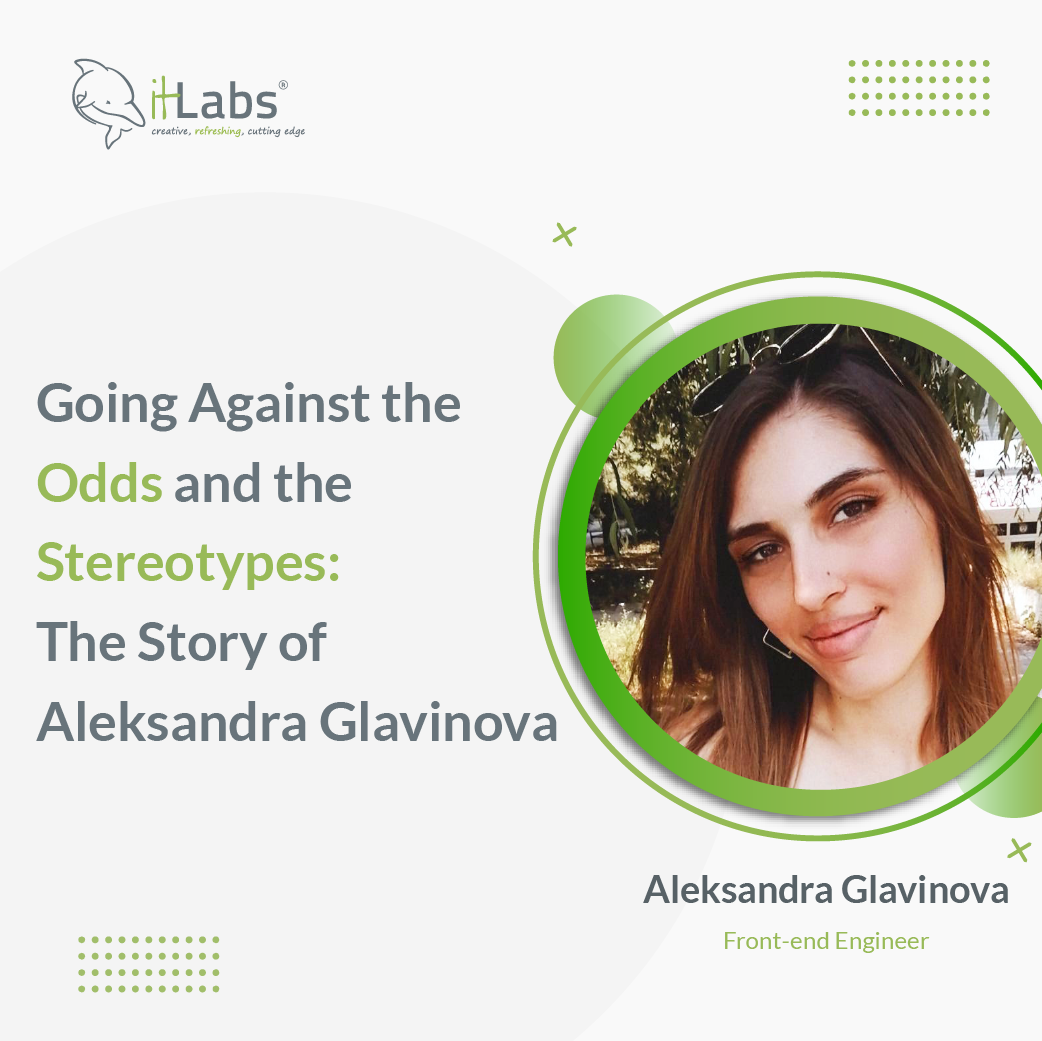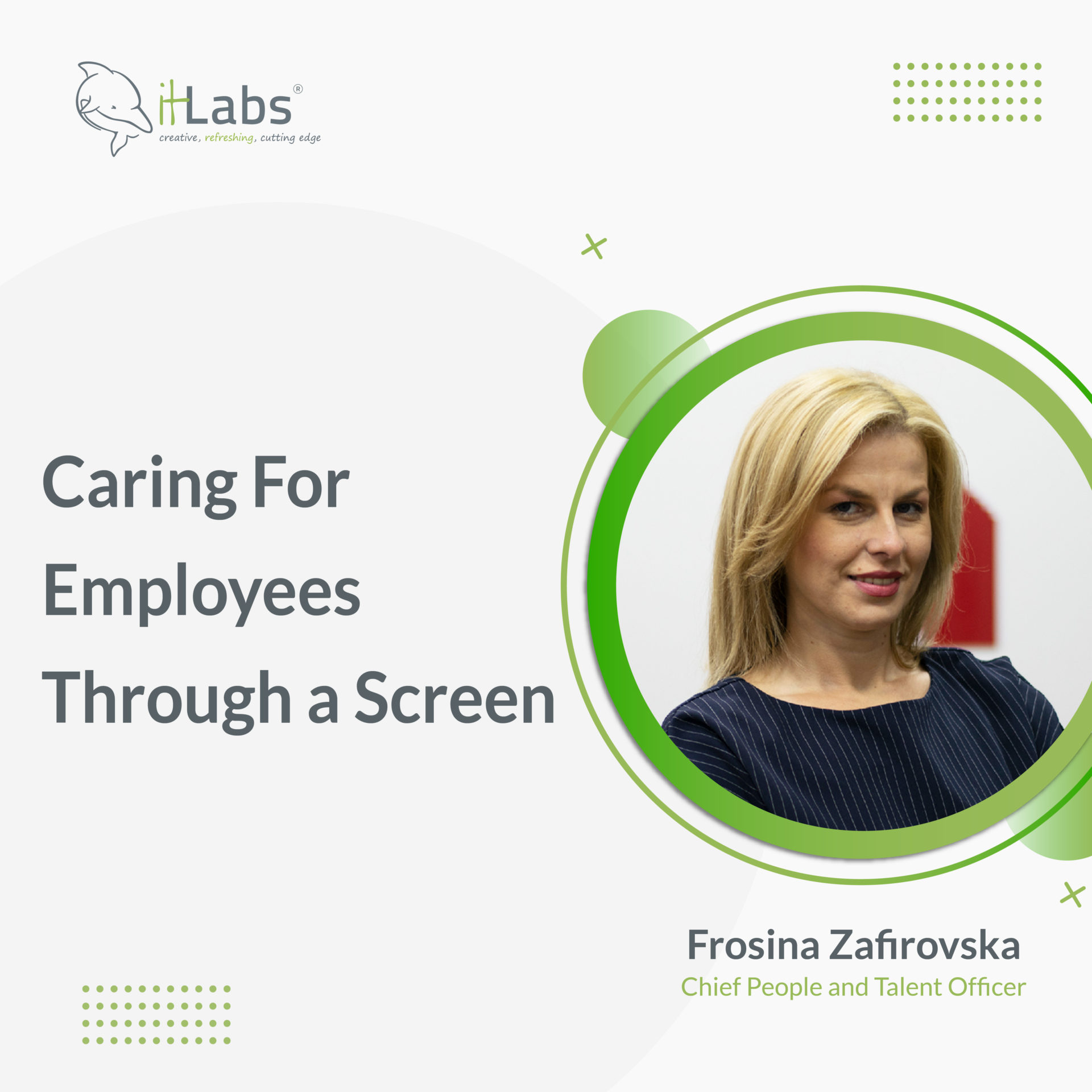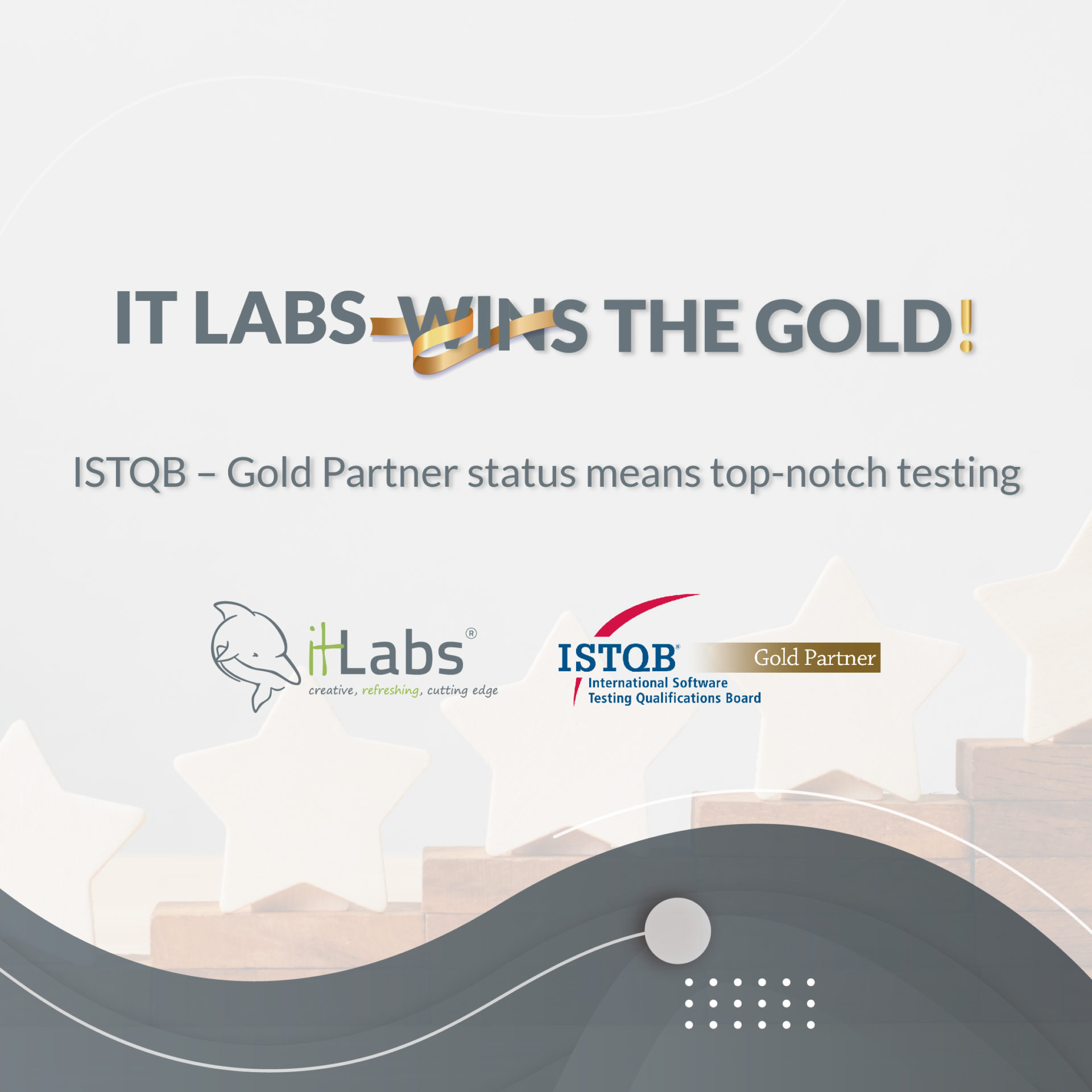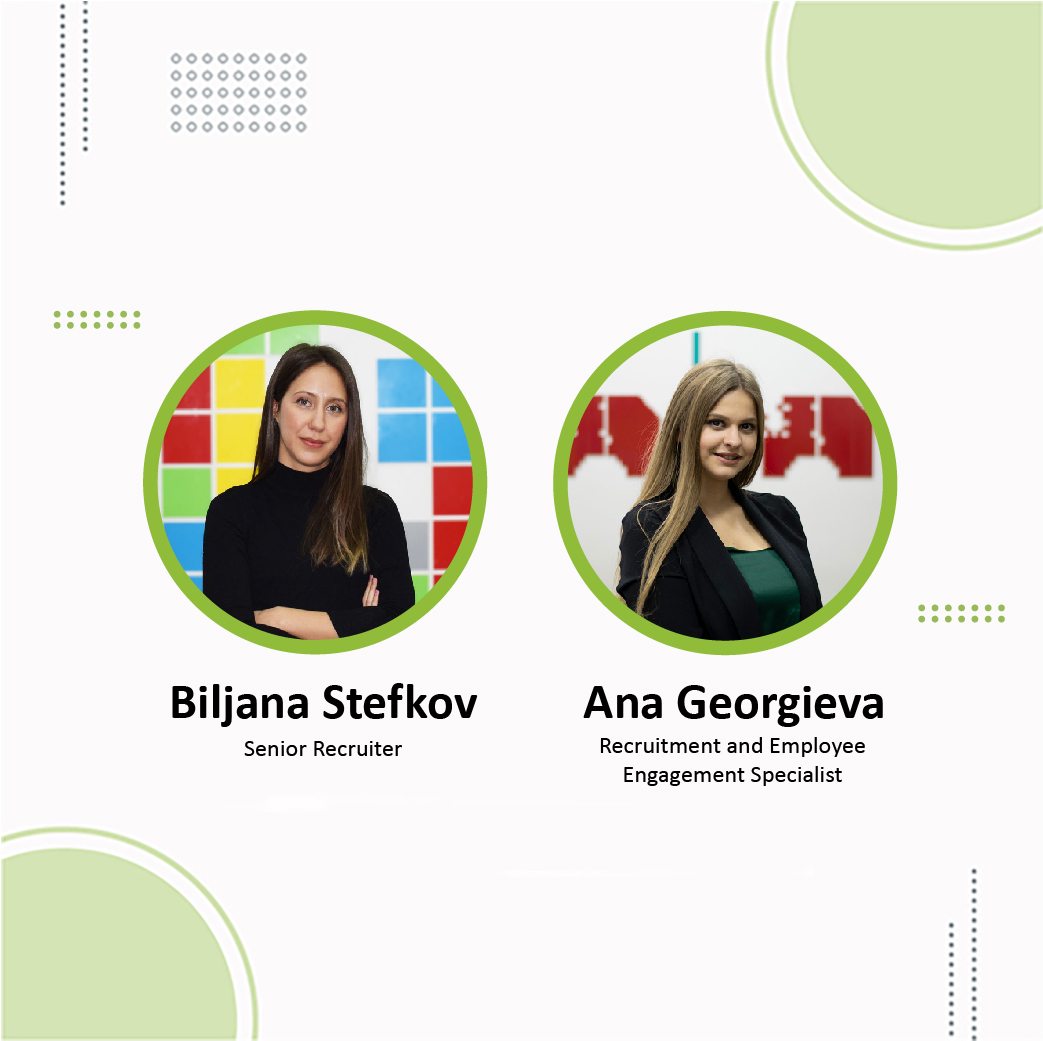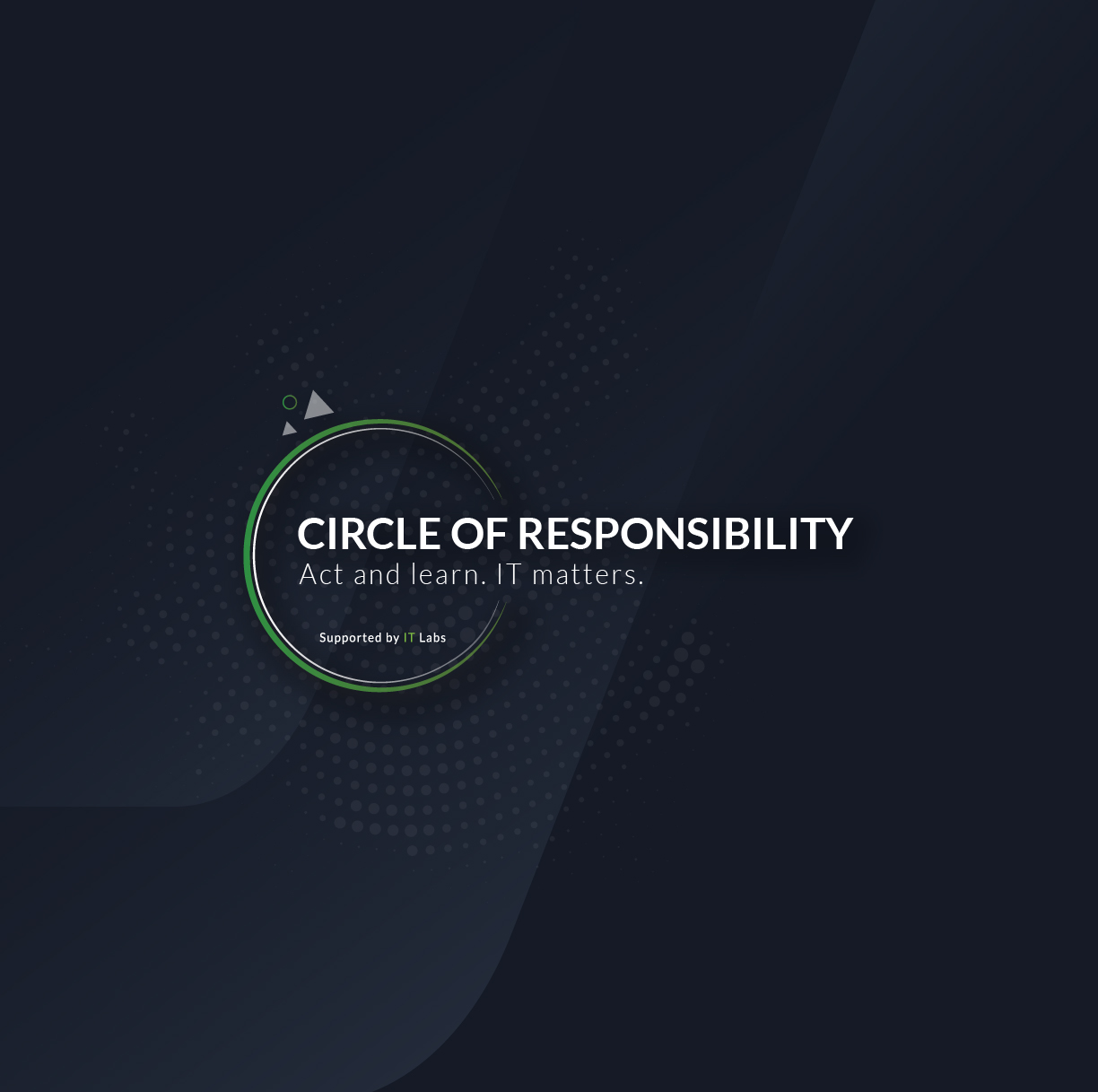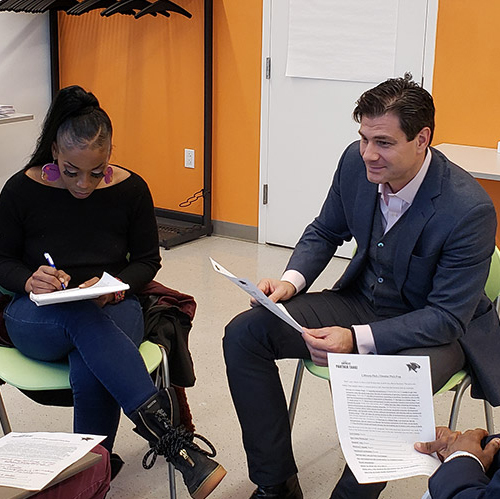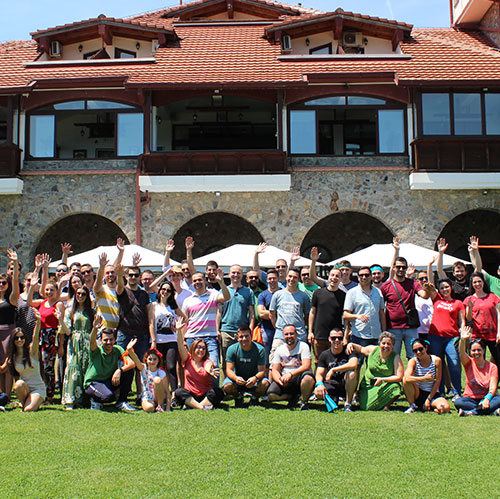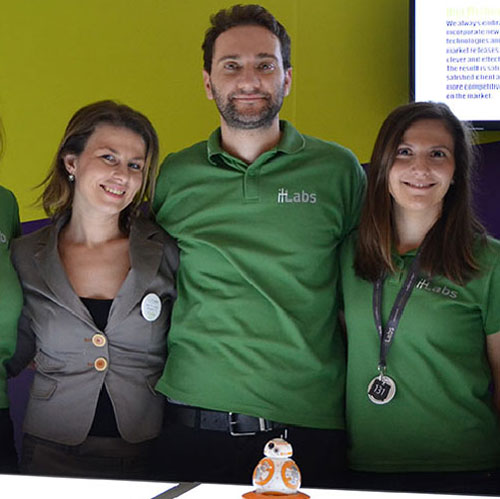It’s no wonder that until recently, most of the articles written about human personality were treating depression, sickness, or in other words, “what’s wrong, and what to do so that the person can be healed.” Still, very little was focused on what makes us happy, optimistic, and satisfied, i.e. ” what’s good in a person’s life, how we can become happier, more satisfied, and also more productive.”

The beginnings of positive psychology
The beginnings of positive psychology go back to 1988, when Martin Seligman became president of the American Psychological Association, and then founded the magazine Journal of Positive Psychology. Essentially the dilemma he highlighted is related to why psychologists were dedicated to guiding a person to reach a functioning state on a scale from -8 to 0, and not focusing on bringing a person from 0 to 8+.
Until 15 years ago, research done on positive emotions was almost a neglected topic compared to the number of studies done on negative emotions. At approximately that time, researchers felt the need to respond to questions related to human strengths and virtues and what conditions contribute to people being happy and working efficiently. Since then, as part of the positive psychology movement, there has been much-conducted research to show that happy people are more successful in many areas, including work, social relations, and better health. The experts often interpreted the connection between happiness and success as a premise that success makes people happy. But the results from longitudinal and experimental research made them see things from another point of view. Besides success influencing people’s happiness, the results have shown that happiness can influence success by expanding their horizons, thinking, and behavior while using opportunities to upgrade their skills, make friends and set new goals.
Speaking about positive psychology at the workplace, experts suggest that it can influence everything – from attracting to retaining talent, but also for better productivity and employee satisfaction. Considering the everyday work dynamic, requirements, and challenges that employees face, focusing on positive things can be essential for every person.
How companies implement this?
Fortunately, most companies today have changed their relationship with employees by taking care of their well-being. By doing this, they emphasize employee’s importance, but also their health. These companies have seen the need to introduce a special job role titled Chief Happiness Officer, who takes care of its employees’ well-being. They do this by organizing different activities and events so people feel happy and fulfilled in the workplace. There are different opinions about how this could be implemented. Either by forming a special role or every manager leads a team to take over these responsibilities as part of their job description.
Positive psychology deals with how individuals, companies, and organizations can function optimally while also being happy and prosper. When it’s applied in the workplace, it helps the managers successfully lead their teams, understand and motivate the employees, and achieve business growth. The biggest advantage of applying positive psychology is that it gives successful business results and employee satisfaction.
A very important thing for effective usage of positive psychologies scientific principles is recognizing, understanding, and using the innate power and strengths that employees possess. Everyone has different traits and personalities, and one of the recipes for success to get the most out of them is to focus on their potential and strengths.
In a Gallup study in 6 countries, the participants were asked for their opinion about what will help them be more successful in life – was it knowing their flaws are and how to overcome them, or knowing their strengths, and continuing to improve and develop. Most of the people answered that they would like to know their flaws, but the research shows that it is much more useful for individuals to know their strengths and upgrade professionally from that.
Research also shows that employees who have an everyday opportunity to use their strengths are three times more satisfied with their quality of life, six times more engaged at the workplace, and 15% less chance of quitting their job.
Companies and individuals who want to operate successfully, with people who want to live well and enjoy life, are more aware of positive psychology. That’s why the interest in positive psychology in the last 20 years is rapidly expanding into business, public administration, education, and individual personal lives.
The concept of happiness in a work-related context
Positive psychology deals with positive thinking and positive emotions. It is trying to determine which factors contribute to the success and progress of the individual and group. One of her key concepts is the concept of happiness, and in that context, it is very interesting to see the results that this science has come up with. Particularly with its application in a work-related context.
• Happiness is partially genetics and destiny, but not entirely. The inheritance has a 50% influence on what constitutes happiness. This is interesting data, but the question is, what’s with the remaining 50%? How much of an active role do we have in living better, being happier, and more satisfied?
• Every human being has their own “thermometer of happiness.” Individuals will come back to their happiness level even after a very bad or good thing happens. Of course, if the person chooses not to take things into their own hands and start working on their happiness and satisfaction, the subsequent impact is their responsibility.
• One of the biggest enemies of happiness is making a comparison with other people. But, not just comparison with anyone. Research shows that people rarely compare or care about how much money Elon Musk and Jeff Bezos have. Knowing that someone similar to them has achieved a significantly higher level of success will influence their mood and satisfaction.
• Many different factors influence happiness, but most researchers agree that personal relations and social activities have a crucial influence in determining happiness. Friendships, and especially having someone to rely on, are perceived as more valuable than possessions. Even more than finance. Having this in mind, you can imagine how important personal relations are at the workplace and the working environment in which the employees have a strong connection. There is a good working atmosphere and teamwork.
• A person’s happiness increases through engagements in so-called “flow experiences. ” It is a state where people lose track of time and space. People in a state of flow are thrilled when they do activities they perceive as a challenge. Interestingly, data shows that people can arrive at a state of flow much easier than in recreational activities. That is why a company needs to get to know the employees and the activities that bring them the greatest pleasure. This is one of the greatest dexterities of exceptional managers.
• Over 65% of employees worldwide don’t receive praise. Fact – employees desire praise at least once a week. Research shows that the human brain perceives positive feedback as greater social acknowledgment than receiving a financial award. This reward is particularly important for the millennials, who perceive feedback as one of the key aspects that give them pleasure. By this, we mean precise feedback that clearly states that the work they do is valued, and their effort is recognized. 75% of the current personnel consists of employees that require positive feedback; more precisely, people are raised with praise, so they expect the same thing in the workplace.
• For a long time, there was a dilemma of what law applied to being happy in the workplace and private life. The law of overflow or the law of compensation? This dilemma asks whether unhappy people in their private life become completely focused on reaching happiness and pleasure at the workplace. Or being happy at the workplace transfers into the rest of a person’s life? Maybe you already guessed that the second one predominates – happiness possesses a curious power that transfers from one life field to another and makes life more thoughtful and fulfilled.
For all of these data and research results, conducted by this relatively young scientific branch, more and more become a field of interest for companies. Especially those companies that see the importance of their employees. These companies know that happy employees mean having better results, great products, and satisfied clients.
Frosina Zafirovska,
CHRO at IT Labs










































































